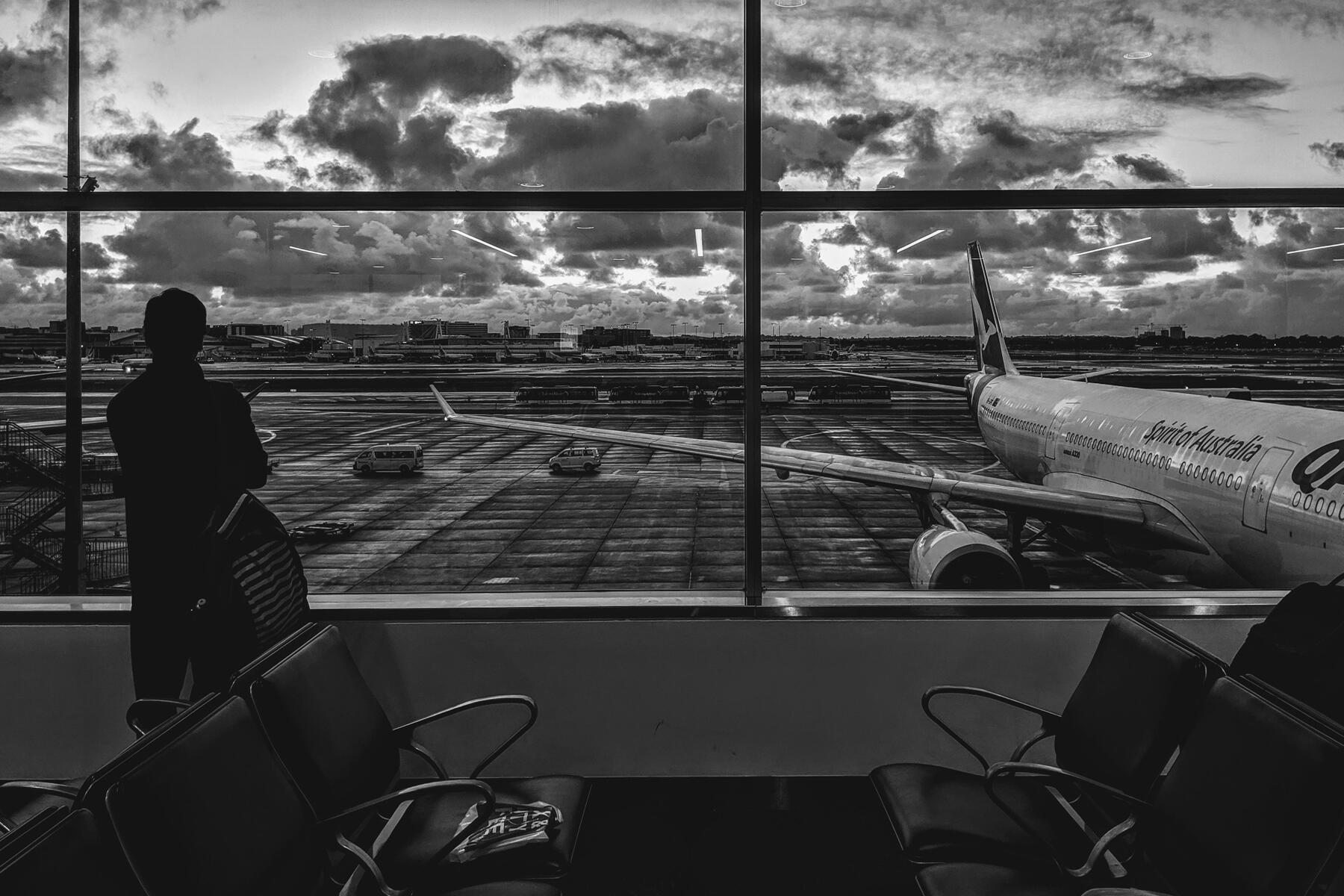Closed borders, restricted movement, and travel bans.
This year, like 2020, has seen a whirlwind of news about COVID restrictions and it’s challenging to keep up. Countries are racing to vaccinate their populations, but the Delta variant is still going strong in many regions. Canada is finally welcoming fully vaccinated Americans and Singapore is contemplating opening its borders in September. There’s a full list of popular destinations that are on the radar of summer travelers, but there are some that have strict guidelines for its citizens as well as travelers. Some nations are either fully closed to travelers or imposing strict restrictions. You can also access this map by IATA that color-codes regulations.




